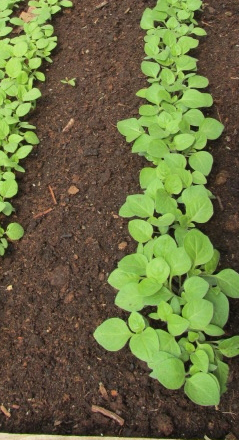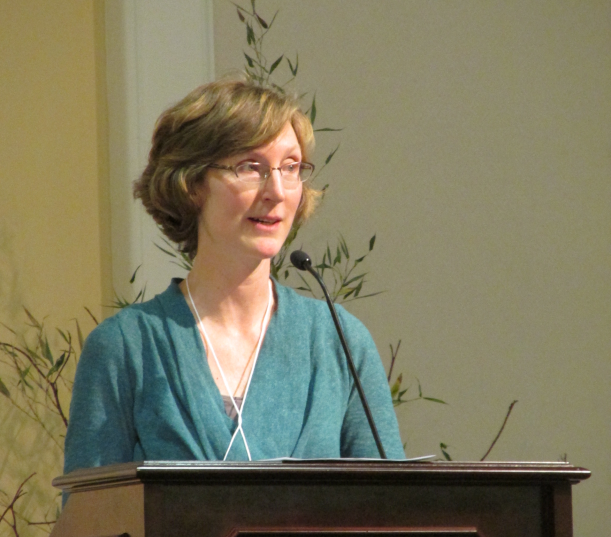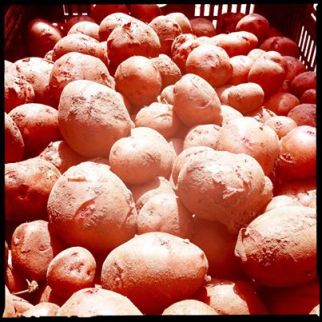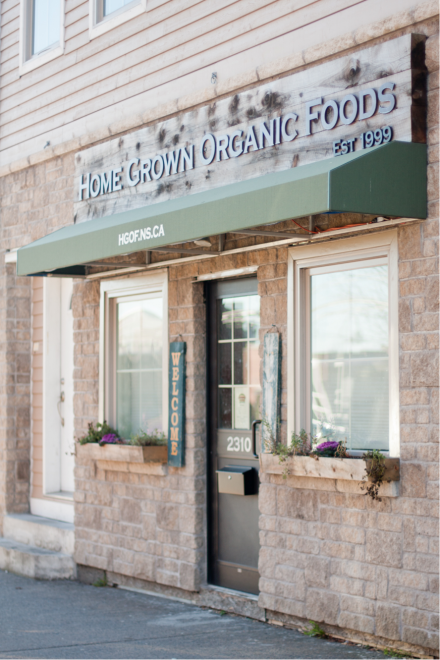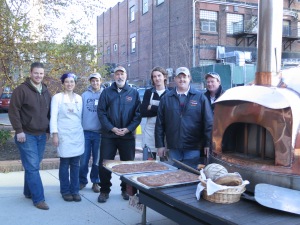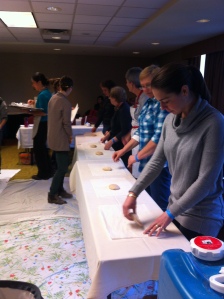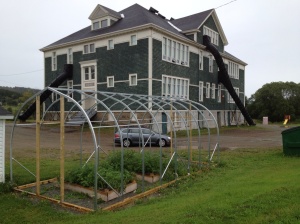Patently Absurd: An Overview of Bill C-18 by Randall Affleck, NFU
As you may know, “The Agricultural Growth Act”, otherwise known as Bill C-18, is currently before Parliament. This is an omnibus bill amending nine separate pieces of agricultural legislation. Perhaps most notably, the changes that it proposes suggest a major impact for producers with regards to seed, namely, a vast increase in corporate control and higher seed costs in the future.
To provide some context, let’s familiarize you with a couple other key pieces of the picture: The Plant Breeders’ Rights Act (PBRA), adopted in 1990, confers to a breeder of a new plant variety a form of intellectual property rights similar to a patent, but it is up to the rights holder to pursue infringements through the court system.
The International Union for the Protection of New Varieties of Plants (UPOV) is an international Convention of which Canada is a member state and signatory. The purpose of UPOV Convention is to standardize criteria, definitions, legislation and regulations as they apply to plant breeders’ rights among member states. Canada’s current PBRA is based on the 1978 UPOV version, which implicitly recognizes that a farmer may use part of their harvest for seed. The 1991 UPOV version gives extensive and exclusive rights to plant breeders so that their authorization is required for farmers to use harvested material as seed. In order to ratify the UPOV’91 Convention, Canada has to amend the 1990 PBRA – which is exactly what Bill C-18 is intended to do.
At present, a PBR holder holds the exclusive right to produce and sell seed. The proposed amendments grant PBR holders the exclusive right to produce and reproduce, condition, sell, export or import, and to stock propagating material for 20 years (to “condition” means to clean and/or treat seed and to “stock” means to bag or store seed). This is a significant expansion of intellectual property protection and expands the legal avenues for seed companies to pursue royalties. Further, the ability to collect end-point royalties on the whole crop following harvest, if not previously collected on the seed, would be permitted with these changes. These powers would only apply to varieties introduced after the new Act comes into force. Existing varieties would continue to be subject to the UPOV’78 rules and conditions.
To save, reuse, select, exchange and sell seeds is a traditional practice and an absolute right of farmers. Government is proposing a “farmers’ privilege” section in this legislation, which they claim provides an exception to PBR-holders’ exclusive rights to reproduce and condition seed. This government-given privilege allows farmers to save and condition seed, but something notably absent is the ability to stock the seed. What’s more, Bill-C18 introduces regulations that control and limit the farmers’ privilege provisions in the future. What is being proposed is truly a hollow “privilege” for farmers. Essentially, the big print giveth and the small print taketh away.
Canada’s variety registration process is an important part of this story. Older varieties can be used by farmers without payment of royalties and effectively ensure market discipline on PBR varieties as a lower priced option for farmers. In May 2013, the Canadian Food Inspection Agency (CFIA) proposed a regulatory change that would allow variety registrants, who are often also PBR holders, to withdraw varieties on demand, without criteria or reasons and no mechanism for another entity to take over responsibility for an abandoned variety so that farmers can continue using it.
Additionally, the Canada-EU Comprehensive Economic and Trade Agreement (CETA), which the Government of Canada recently agreed to in principle, would expand the enforcement powers of PBR holders. While the text has yet to be released to the public, the National Farmers Union has studied the leaked draft text of this agreement and has found that CETA would permit the precautionary seizure of a farmer’s assets upon alleged intellectual property rights infringement. Further, the same asset seizure powers could also apply to a third party, such as a seed cleaner, if alleged to be assisting patent infringement. If C-18 passes, these enforcement tools would become available to seed companies seeking to prosecute farmers for violating PBRA rules and regulations.
Considering all the small print, it seems the primary purpose of the C-18 measures is to increase revenues for seed companies. Farmers will eventually be bound to yet another agri-business profit centre, this time via the seed. Litigation and the gradual de-registration of publicly available varieties will help persuade farmers to replace farm-saved seed with seed purchased from the company every year.
Farmers are being promised more variety research and development, and more innovative new varieties through this privatized system. However, farmers will simply end up paying more royalties with no say in how these funds would be used. Probably a reduced level of research on regionally appropriate varieties and less assurance that a registered variety can be expected to perform as claimed. Farmers can probably look forward to more correspondence from Sue, Grabbitt, and Runne LLP Barristers & Solicitors, along with additional forms to fill out on varieties planted, yield history and annual sales.
For more information about UPOV ’91 and to take action on Bill C-18 please visit http://www.nfu.ca/issues/save-our-seed
National Board Member National Farmers Union
Randall Affleck,
Lower Bedeque, PEI
902-887-2597

